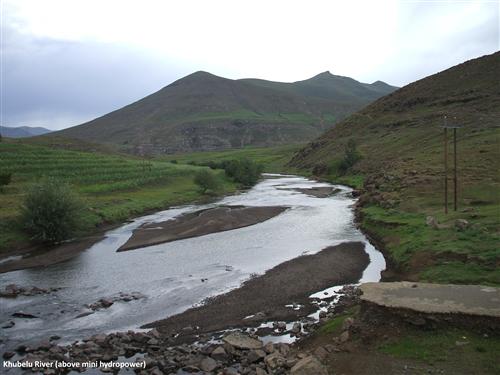Aquatic ecosystems include all forms of life within a waterbody including fish and aquatic invertebrates, along with related communities such as riparian vegetation.
To maintain a healthy aquatic environment, the overall health of the system should outweigh the demands of any one user. When humans impound river water, the downstream flow regime changes – and adequate base flow downstream is essential to ecosystem integrity. The amount and timing of water releases is often a complicated planning decision that must balance conflicting demands.
Streamflow is required to sustain aquatic habitats (including channel morphology and substrate) and to support spawning and the movement of aquatic organisms within the water column. These ecologically-required flows are commonly known as Environmental Flow Requirements (EFR). Environmental flows may describe both long-term average flows, and flow variability. Maintenance of environmental flows in a river has several advantages: it supports the riverine ecology, recharges riverine aquifers, and maintains river channel morphology.

The Khubelu River in Lesotho.
Source:Lesotho Water Commission 2002
( click to enlarge )
